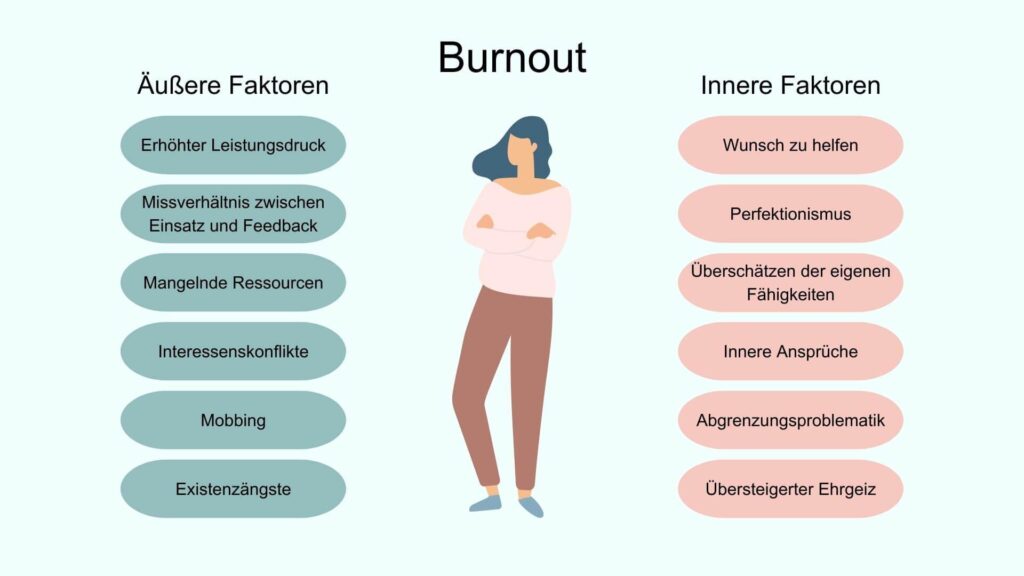A recent report has revealed a troubling trend among young athletes: burnout and overtraining are driving many to quit sports altogether. As the pressures to perform intensify at increasingly younger ages, experts warn that the physical and mental toll is causing an alarming number of youth to step away from athletic pursuits. The findings, highlighted in a new Fox News investigation, shed light on the growing challenges facing young competitors and raise urgent questions about how to promote healthier, sustainable participation in youth sports.
Rising Burnout Among Young Athletes Raises Alarms in Sports Communities
Recent studies reveal an alarming trend of burnout and overtraining among young athletes, prompting concern across sports organizations and families alike. The intense pressure to perform from an early age, combined with grueling training schedules, is not only diminishing their passion but is also causing physical and mental exhaustion. Experts warn that without substantial changes in coaching approaches and athlete support systems, the dropout rates in youth sports will continue to rise, potentially disrupting the future pipeline of talent.
Key factors contributing to this crisis include:
- Excessive practice hours: Many young athletes are clocking upwards of 15-20 hours per week, leaving little room for rest or other interests.
- Lack of psychological support: Mental health resources are often overlooked, making kids more vulnerable to stress and anxiety.
- Parental and coaching pressure: Unrealistic expectations create an environment where enjoyment takes a backseat to winning at all costs.
| Age Group | Average Training Hours | Reported Burnout Rate |
|---|---|---|
| 8-12 years | 8 hours/week | 15% |
| 13-16 years | 15 hours/week | 32% |
| 17-19 years | 20 hours/week | 47% |
Impact of Overtraining on Physical and Mental Health of Youth Players
The toll of excessive training on young athletes extends beyond mere physical fatigue. Experts warn that chronic overtraining disrupts the body’s ability to recover, leading to a cascade of injuries such as stress fractures, tendonitis, and muscle strains. These physical setbacks not only impede athletic development but also contribute to long-term health problems. According to recent studies, youth players exposed to relentless practice schedules report significantly higher rates of injuries compared to their peers who maintain balanced training regimens. The consequence is a growing number of promising athletes sidelined indefinitely, disrupting their sports careers before they truly begin.
Equally alarming is the psychological strain induced by overtraining, which manifests as anxiety, depression, and emotional exhaustion. The intense pressure to perform, combined with insufficient rest, creates an environment ripe for burnout. Mental health surveys reveal that young athletes experiencing burnout demonstrate decreased motivation, lowered self-esteem, and social withdrawal. The table below outlines some of the primary symptoms observed among youth athletes struggling with the effects of overtraining:
| Physical Symptoms | Mental Symptoms |
|---|---|
| Persistent muscle soreness | Increased irritability |
| Chronic fatigue | Loss of interest in sports |
| Recurring injuries | Difficulty concentrating |
| Sleep disturbances | Feelings of hopelessness |
This dual impact of overtraining-physically debilitating and mentally draining-forces many young athletes to prematurely abandon their sports ambitions. Coaches, parents, and sports organizations are urged to recognize these warning signs and prioritize recovery and mental well-being as much as performance metrics.
Experts Call for Balanced Training Regimens to Prevent Early Dropout
Sports medicine specialists emphasize that young athletes require training programs that strike a careful balance between intensity and rest. Overloading young bodies without proper recovery not only increases the risk of physical injury but also contributes to psychological stress and eventual burnout. Experts suggest incorporating diverse activities and scheduled breaks, allowing athletes to maintain enthusiasm and physical health over the long term.
Key components of balanced training regimens include:
- Varied workout routines to prevent repetitive strain
- Mandatory rest days to promote muscle recovery
- Monitoring workload using data-driven tools
- Encouragement of social and recreational activities outside sports
| Training Aspect | Recommended Approach |
|---|---|
| Intensity | Moderate with gradual increments |
| Rest | At least one day off per week |
| Cross-Training | Incorporate at least 2 different sports/activities |
| Mental Health | Regular psychological check-ins |
Coaches and Parents Urged to Prioritize Athlete Wellbeing and Long-Term Development
Experts emphasize the crucial role adults play in shaping young athletes’ experiences, calling on coaches and parents to foster an environment that values mental health, physical recovery, and holistic growth over short-term success. Implementing structured rest periods, promoting diverse sports participation, and encouraging open communication can significantly reduce instances of burnout and injury. Failure to adapt could perpetuate a cycle where talented individuals leave sports prematurely, depriving communities of future role models and potential champions.
To support this shift, sports organizations and schools are urged to adopt clear guidelines focusing on sustainable training loads, psychological support systems, and realistic goal-setting. Below is an outline of best practices recommended by sports health professionals aimed at balancing ambition with wellbeing:
- Monitor Training Volume: Limit consecutive training days and ensure adequate rest.
- Encourage Multi-Sport Participation: Prevent overuse injuries and increase enjoyment.
- Prioritize Mental Health: Provide access to counseling and stress management resources.
- Set Long-Term Goals: Focus on skill development rather than immediate wins.
| Stakeholder | Responsibility | Example Action |
|---|---|---|
| Coaches | Design balanced training plans | Include rest days and skill variation |
| Parents | Support emotional wellbeing | Encourage honest conversations about stress |
| Organizations | Implement safeguarding policies | Enforce age-appropriate competition rules |
In Retrospect
As the new report underscores the growing challenges of burnout and overtraining among young athletes, experts and organizations alike are calling for immediate action to address the mental and physical strain facing the next generation of sports talent. Without timely intervention, the longstanding culture of intense pressure may continue to drive promising athletes away from the games they once loved. Stakeholders in youth sports now face the critical task of fostering healthier training environments that prioritize well-being alongside performance.





